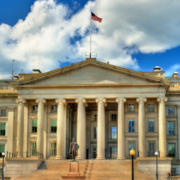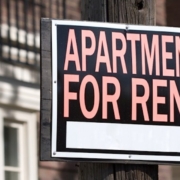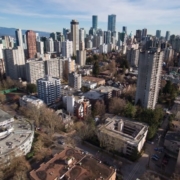The U.S. Has No (And Never Could Have A) Debt Crisis
There is total confusion on both sides of the aisle (or perhaps willful obscuration) about the reality of public credit and public debt, and the absence of a need to borrow any money for a supposed budget shortfall, as evidenced by an article published earlier this year in the New York Times (Baker and Tankersley 2023). The compromise to extend the Congressional bipartisan budget and debt talks until 2025 has not changed anything.







